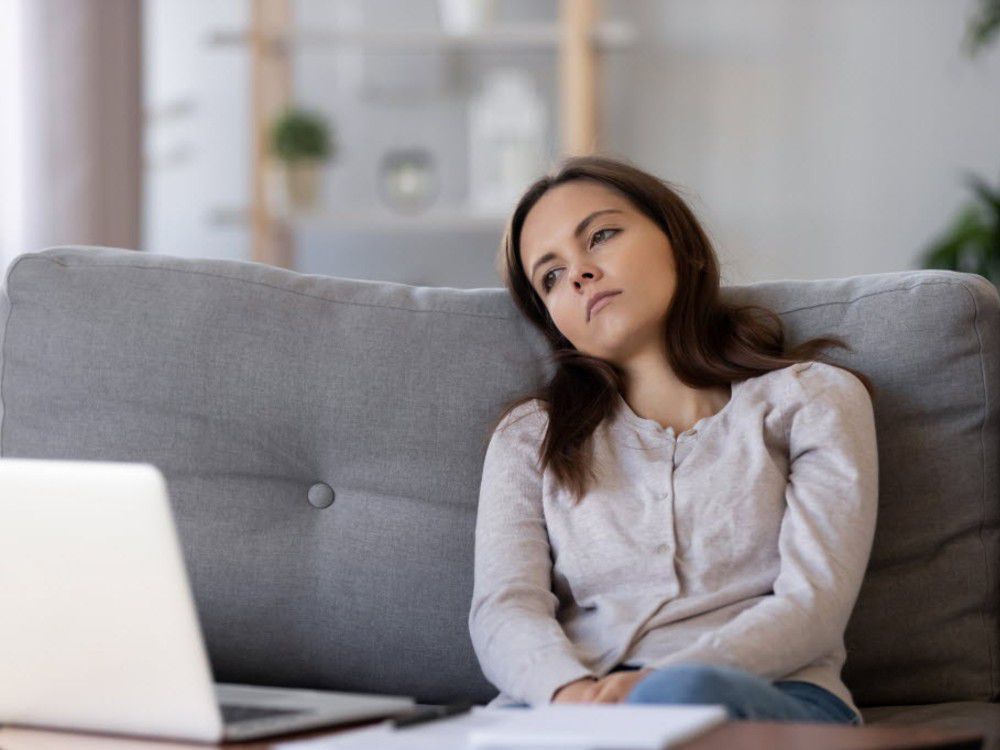last month,
dr. renee logan was named the camh physician of the year for her exemplary leadership and contribution to the wellbeing of patients and the community at the
centre for addiction and mental health (camh) during the covid-19 health crisis.at camh, logan provides counsel on infection prevention and control. she is also the medical lead for the hospital’s covid-19 vaccine clinic, and has organized outreach efforts during the pandemic to help raise awareness of camh services and address barriers to equitable access to care.she sat down with
healthing.ca to talk about why she saw the pandemic coming, how it transformed her working life and the cracks in the system that it uncovered.
this interview has been edited for length and clarity.what is your role at camh? i am a hospitalist, which is a medical doctor who provides medical care for patients who have been admitted to camh. but currently, i am the medical director of the
infection, prevention and control (ipac) team, which includes infection control practitioners, a manager, and our senior director of clinical services. my role is to provide medical expertise to that team.in 2014 or 2015, i became a medical lead for ipac which, at the time, was more of a sidebar responsibility that took some of my time as a hospitalist. i was part of the committee, and we managed outbreaks for diseases such as influenza, cases of shingles or tuberculosis. ipac was also involved in creating a pandemic plan, which has always been in place at camh and would have always been in place at other hospitals.
how did your role change with the start of the pandemic? my role became huge when the pandemic came around to the point where i was seconded away from my clinical work to devote pretty much seven days a week to ipac work. how i handled the change really came down to the incredible support of my colleagues, and the amazing communication within the hospital structure itself.i think open communication, working with incredibly supportive colleagues, having the ear of leadership through my participation at the covid operations table really allowed me to cope. through all of this, the love, support and understanding i received from my family at home — my young adult children and partner — has also been incredibly helpful.
can you walk us through your typical day? my day must start with french press coffee that my 16-year-old daughter gets ready for me. in the morning, i have cereal, yogurt and fruit every day, although i have to admit that sometimes, by mid-afternoon, i would find my breakfast sitting on the counter, half-eaten. some days, we’re that busy.my typical day includes consulting on cases within the hospital, writing and updating ipac protocols for the in-patient units and out-patient clinics, working very closely with our occupational health department and toronto public health to manage and prevent outbreaks, and preparing educational materials and sessions.early on in the pandemic, it was all about educating staff on personal protective equipment (ppe), how to use and manage ppe, and later, that morphed into doing educational sessions on vaccines for staff and for patients, sharing real-time vaccine information, answering questions, and focusing on the benefits of immunizations. as a member of the covid operations table at camh, i was in meetings seven days a week in the beginning of the pandemic just to ensure that everything was running smoothly at the hospital, whether it was supplies or logistics or occupational health or nursing services, and operations in general.
you’re also the medical lead of the vaccine clinic at camh. what has that been like? this summer, i became very involved with our small, but mighty, vaccine clinic. we’ve been able to provide vaccines for our staff, for in-patients and out-patients, members of the public, and now we’ve also started to do some outreach. we’ve gone to both the trinity bellwoods and alexander park encampments. those outreach efforts have been incredible experiences for me personally as a physician who works at a hospital all the time.with the vaccine clinic, the current demand is low, and that’s really allowed us to focus on what’s been called “the last mile” work. we’re considering ways to lower barriers for those who may struggle with going to mass vaccination centres. we’ve piloted — and we’re continuing to run — a clinic for those with a fear of needles or medical anxiety. we are also planning outdoor pop-ups to lessen any barriers and make it easier for people to access vaccines.
what has been the impact of covid-19 restrictions on the provision of medical care? one of the major challenges that we faced was the implementation of ipac measures, such as isolation, distancing and masking while trying to provide our patients with the care they come to the hospital for, which is a therapeutic environment in which to recover.ipac hospital rules work more readily for patients who are not ambulatory, sick or in their room, and that doesn’t apply to our patients. they are quite ambulatory, and they are there because they need therapeutic alliance. distancing and isolation were definitely a challenge, so what it meant for ipac was that we had to work very closely with our in-patient teams, and be really creative to help minimize — as much as we could —disruptions to groups, meals, passes and other alliances, while maintaining a safe environment for both our patients and our staff. it was definitely a challenge we rose to. the in-patient unit teams were quite amazing in their ability to work with us and consider all of the factors that needed to be at play for patients to keep them safe, and provide them with care.
i’m a family doctor by training, so the social determinants of health have always been at the core of my approach to medical practice. the pandemic brought that into sharp focus for me, and i think my involvement with the vaccine clinic has allowed me to feel so much more hopeful about equity and access.however, sick time remains a very significant issue — people need to take time off for illness, isolation and vaccination, so that still concerns me. i also hope that recent events — like what we saw happen with the encampments — have brought to the forefront that housing is critical. i don’t believe these are new cracks, but the pandemic has shed a light on all of this. i hope that now that there’s more awareness, it can translate into action moving forward.
how do you cope with the stress of your job? working with an incredible team certainly helps. some colleagues i work with very closely make me laugh, which personally, is very important to me. amanda robbins, our clinic director, has also been a tremendous support. what drives me and allows me to cope is knowing that we’re all working towards a common goal — the hours are long, but it’s time-limited.
when did you realize that covid-19 might stick around longer than anyone expected? as the medical lead for ipac, we were starting to see medical information trickle in around december and then we received some more information in january. in february, i thought to myself, ‘is this going to be it?’ when i went to medical school, we were told that in our lifetime, there will be a pandemic, so i’ve always worked in medicine with that at the back of my mind.i didn’t realize the scope of the work until it became clear that i was not going to be able to continue my work as a hospitalist. i was about to leave for march break, and it was not going to happen. while we had a pandemic plan in place, there were a lot of real-time issues that came up and writing new protocols became a lot more work than i had anticipated.
do you have any mental wellness tips? we’ve all been impacted by the pandemic in myriad of ways. our routines have been upended, some people are suffering with economic strain, with grief or loss, disconnection, loneliness … i could go on. what i can speak to is what i’m trying to do as we make our way out of this pandemic. that is to remind myself of what i’m missing and try to gain some of that back into my life, even if only in small ways.for me, that includes making sure i am getting sleep, going for long walks in urban and green spaces, listening to music, looking at art again, online. beyond that, for folks who are feeling stuck, i would urge them to reach out to their primary care providers and speak with them.
camh.ca/covid-19 has some great resources for managing stress, and if people need immediate support, they should be attending their nearest emergency care department.music is my joy and my tastes are wide and varied. one of the things i miss most is being able to see live music, especially in small venues around the city. my daughter’s friends know that i love a dance party — they would come to my house and have a dance party on a friday night. i did find time recently to watch the last season of
the handmaid’s tale. it’s bleak, but it’s also a necessary reminder of why we need equity, respect and compassion.i came across a quote by philosopher friedrich nietzsche the other day in a journal that i had picked up. it really spoke to me. it was that “we should consider every day lost on which we have not danced at least once.” i mentioned it to my partner a few days ago and he asked me whether i had danced that day.“remember going grocery shopping at no frills this week?” i said. “i danced down the aisle.”
 7 minute read
7 minute read








